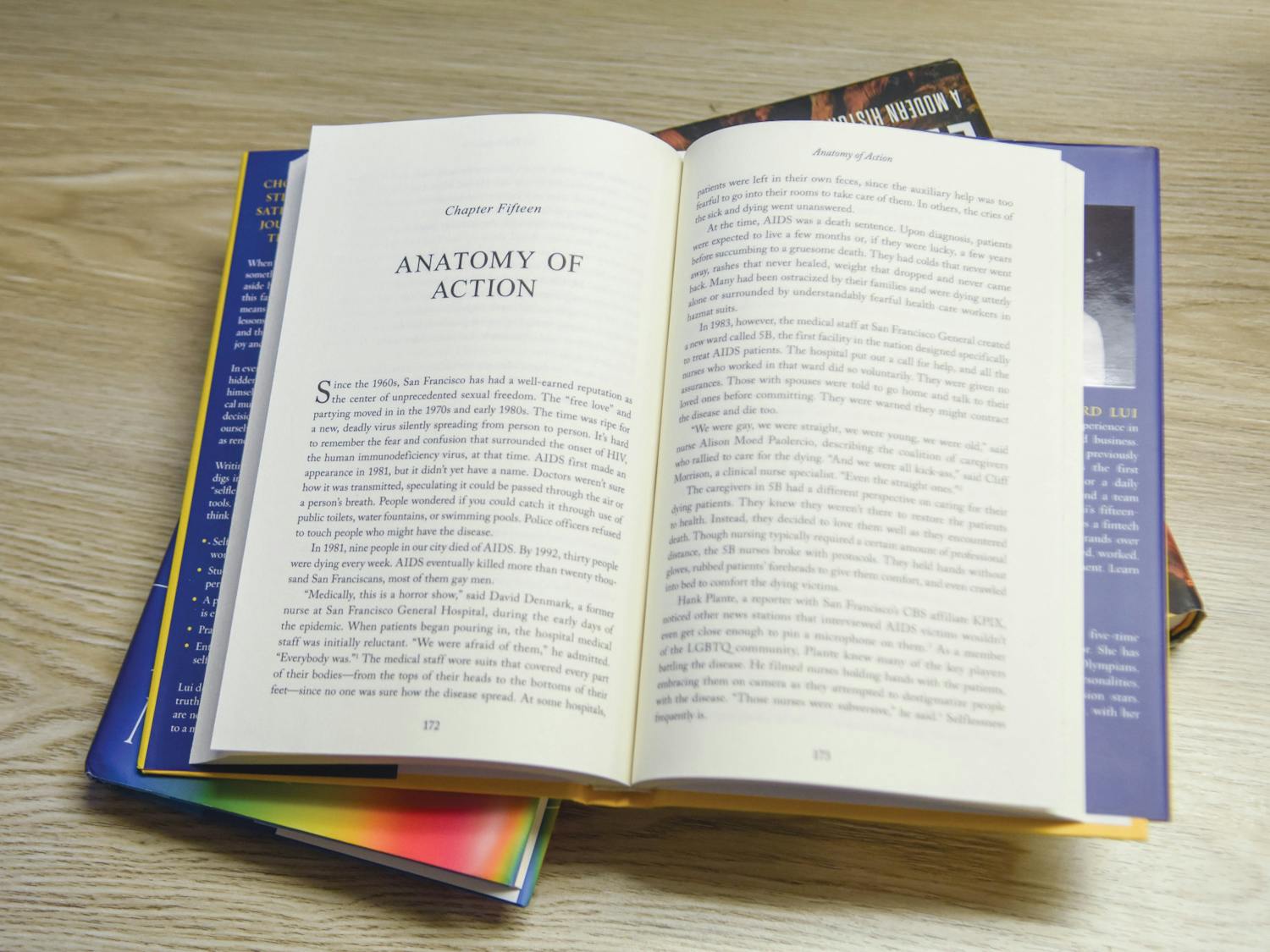I came to know president Sheldon Hackney relatively closely, if briefly and late, toward the end of my sojourn on Penn campus (1982-2006). The Daily Pennsylvanian’s overly detailed description of his unbearable suffering over the last two years and of his horrifying death a few days ago, triggered a sense of agony in me. Less graphic detail on his suffering would have paid tribute to his characteristic dignity, while also sparing us, his well-wishers, the extra pain.
Professor Hackney became president shortly before I — a long-time engineer and businessman, aged 47 — decided to join the Wharton School, and later the School of Arts and Sciences, as an intellectually avid “grad student.” I was too busy attending classes, writing and computing, sitting through five full masters’ programs and working hard to earn my three degrees in less than five years to afford socializing. But when at long last, I did find an instant to look up and listen, what I noticed was not particularly rejoicing: I can’t now recall how many tens of thousand dollars had been allegedly spent by the president’s staff “on flowers,” and I could not understand why the puerile water-buffalo affair had grown so loud and had gone that far. I was also unaware of the vestiges of Penn’s cultural history (“antisemitism,” “racial segregation,” “all-white male domination,” an “entrenched on-campus fraternity network”…) . So I could not fathom why measures were being adopted across the campus to the point of parading an African-American graduate student I knew, in morning coat and formal attire, top hat to boot, cross-legged in a presidential “fiacre” (a hackney-cab) that clock-clocked ever so slowly for all on campus to admire. With reason, I continued to entertain ambivalent sentiments when Dr. Hackney returned to campus from Washington, D.C.
It would be years later, when I needed a participant with first-hand expertise on the United States Human Rights movement of the sixties, in the framework of a transdisciplinary interfaculty seminar I was designing on the topic of “Freedom” that — in a matter-of-factly impartial way — I called the president at his Martha’s Vineyard summer retreat and invited him to join. He said yes. I did not know then that he’d not only be a valiant partner in my effort to turn idea into reality, but that also I’d come to enjoy his presence and to be honored by his scholarly input, as the seminar took shape, gained weight and became a worthwhile intellectual adventure. There arose occasion for him to remark in full session “what a pity” it was that we were “an all-white cast”. Upon learning that two African-American professors at Penn, with whom both of us were friendly, had simply turned me down, he seemed almost embarrassed and apologetic in his disapproving astonishment. And when the same remark arose for the lack of a Muslim participant, he was visibly shocked when I divulged why and how I’d been jolted by five Muslim scholars, whom I had approached separately. Despite my being a Sephardic Jew, born and raised in a country that was 99.8 percent Muslim, hence knowledgeable of Islamic culture, my “true goals and intentions” had been viewed with suspicion, on grounds that I, the moderator, was not a Muslim.
Years before, one afternoon, a music professor and I were having coffee at Starbucks when the president showed up. I did not yet know him personally. So when my colleague abruptly left me and threw himself at this man fervently to shake hands, I thought, “What a careerist jerk — what demeaning outpour.” Only much, much later, would I come to know a bit better and even to develop inexplicable warmth for this southern gentleman.
I refuse to imagine Sheldon the way he was portrayed on his deathbed, diminished and helpless. I‘ll continue to think of him as a flamboyant — at times even provoking — personality, a fellow-traveler who merited my friendship and respect were it for pursuing unreachable stars, for his indefatigable efforts to improve the world and for his total dedication to Penn. To his beloved life partner, Lucy Hackney and to his survivors go this alum’s heartfelt condolences.
Jose V. Ciprut received his MS from The Wharton School in 1984, as well as his MA (1985) and Ph.D. (1987) from the School of Arts & Sciences. His email address is jvciprut@sas.upenn.edu.








